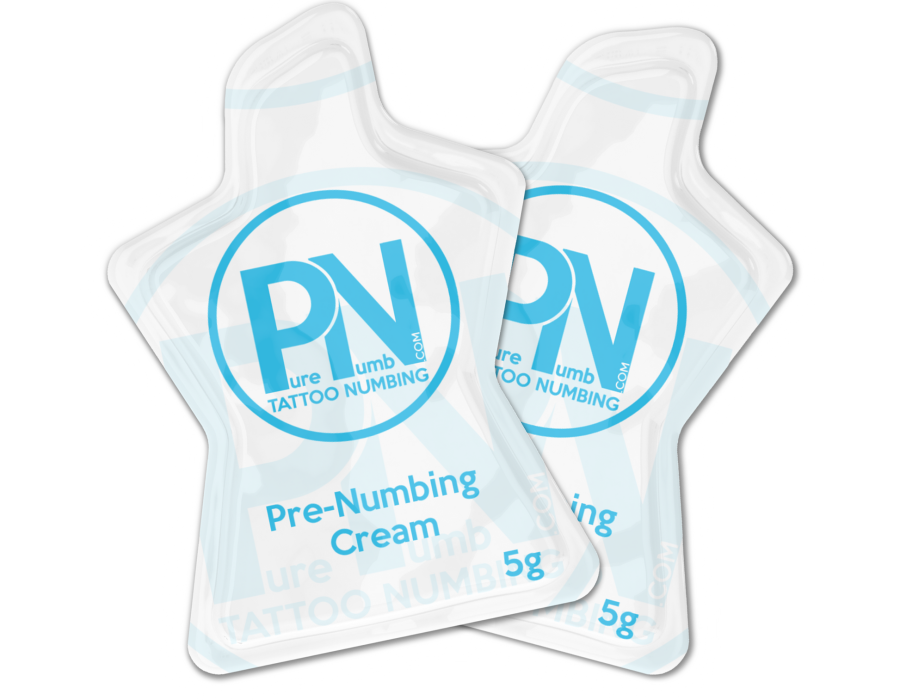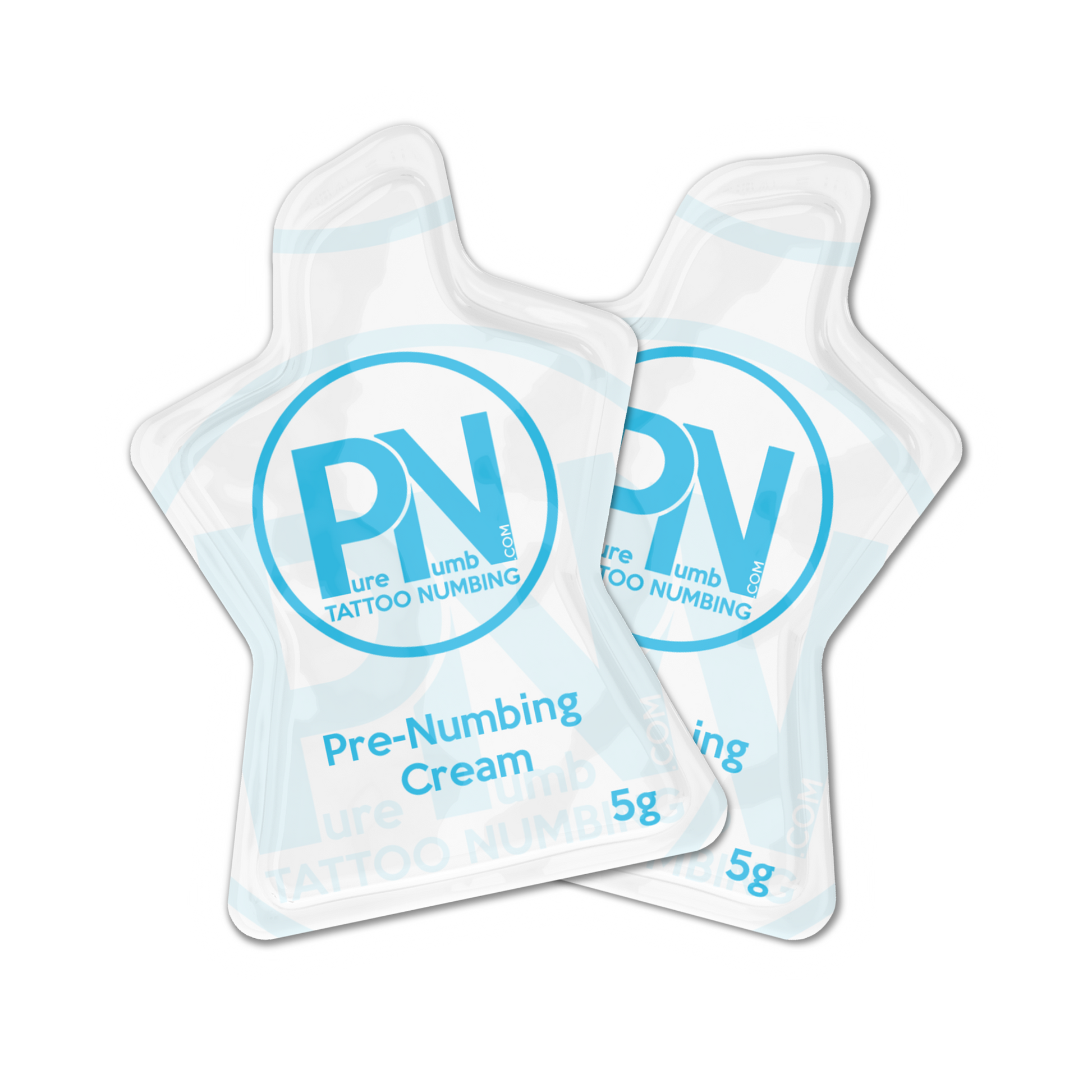For individuals hesitant about the discomfort associated with tattoos, tattoo numbing solutions are a game-changer. These creams or gels are applied to the skin before the tattooing begins, helping reduce pain and sensitivity. They work by temporarily numbing the area, making the experience less stressful, especially for first-timers or for tattoos in sensitive areas.
Tattoo numbing products are typically made with active ingredients like lidocaine, which blocks nerve signals temporarily. It’s important to consult with your tattoo artist about using such products. Some numbing solutions can slightly affect the skin's texture, and a professional's guidance ensures your tattoo looks perfect while providing relief.
The Importance of Tattoo Aftercare
Once your tattoo session is complete, the real care begins. A tattoo is essentially an open wound, requiring proper aftercare to avoid infections and to maintain the design's vibrancy. Using a tattoo healing cream is one of the most effective ways to ensure optimal healing.
Tattoo healing creams are specially formulated to hydrate and nourish the skin while promoting faster healing. They create a protective barrier, shielding the tattooed area from dust, bacteria, and environmental irritants. Additionally, these creams soothe itchiness and discomfort during the healing process, making it easier to resist scratching or picking at the skin, which can damage the design.
How to Choose the Right Tattoo Healing Cream
Selecting the right tattoo healing cream is crucial for a smooth recovery. Look for products free of harsh chemicals and fragrances, as these can irritate sensitive, freshly tattooed skin. Ingredients like aloe vera, shea butter, and vitamin E are excellent for moisturizing and calming the skin.
It’s also essential to ensure that the cream is non-comedogenic, meaning it won’t clog pores. A light, breathable formula is ideal, as it allows the tattoo to heal naturally without trapping moisture, which could lead to infections.
Combining Comfort and Care
While tattoo numbing and healing products serve different purposes, they are both integral to enhancing your tattoo experience. When combined, they ensure that both the tattooing process and the aftercare phase are as comfortable and effective as possible. Numbing solutions prepare your skin for the session, while healing creams nurture it afterward, preserving your tattoo's clarity and vibrancy.
The synergy between these products not only minimizes discomfort but also promotes faster healing and better long-term results. A tattoo is an investment in art and personal expression, and taking the right steps to care for it ensures it remains a source of pride for years to come.
Common Missteps to Avoid
While using tattoo healing cream or numbing solutions, it’s important to avoid a few common mistakes. Overusing numbing creams can lead to uneven absorption, potentially impacting the tattoo process. Always follow your artist's guidance on the appropriate application amount.
Similarly, when applying healing creams, using too much can suffocate the skin, delaying the healing process. A thin, even layer is usually sufficient to keep the tattoo moisturized without hindering its ability to breathe.
Another common error is exposing your new tattoo to direct sunlight or soaking it in water, such as during swimming. These practices can fade the design or introduce harmful bacteria, compromising the tattoo's quality.
The Emotional Aspect of Tattooing
Tattooing is more than a physical process; it’s often an emotional journey. Each tattoo carries a story, a memory, or an artistic vision. By utilizing tools like tattoo numbing solutions and aftercare products, you can focus on the significance of the experience rather than the discomfort.
The healing process is a part of the tattoo story itself. As you care for your tattoo with high-quality tattoo healing cream, you nurture not only your skin but also the deeper meaning behind the art. This period allows you to connect with your new ink, appreciating it as it becomes a permanent part of you.
When to Seek Professional Advice
While most tattoos heal seamlessly with proper care, some complications may arise. If you notice signs of an infection, such as excessive redness, swelling, or pus, consult a medical professional immediately. Similarly, if the tattooed area remains painful or doesn’t heal after a few weeks, seek guidance from a healthcare provider.
Tattoo artists are also a valuable resource for advice on aftercare products and practices. They understand the nuances of skin care and can recommend trusted solutions, ensuring your tattoo heals beautifully.






Comments